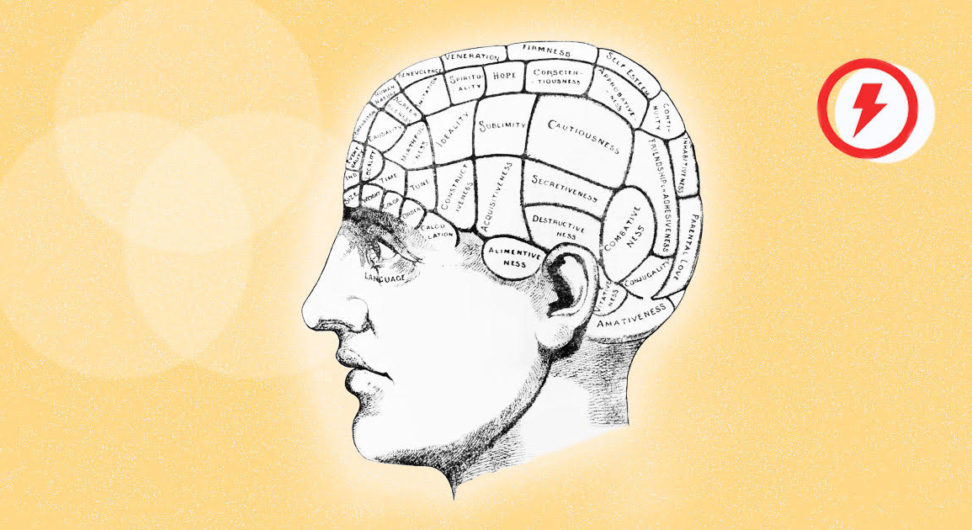Freelance Like a Boss Part II
Working for yourself can be irresistibly alluring. Many unsuspecting creative professionals are drawn to the promise of freelance freedom. Freedom to set your own schedule, to wear pajamas all day, to pick and choose your clients and your work. There is little doubt that self-employment and freelancing offer quite a few plusses over conventional J-O-B jobs.
Eleanor Roosevelt cautioned against taking freedom for granted. “Freedom makes a huge requirement of every human being. With freedom comes responsibility. For the person who is unwilling to grow up, the person who does not want to carry his own weight, this is a frightening prospect.”
This is no less true for a freelancer today than it was in 1960s when the former First Lady wrote it. In this part of our Freelance Like A Boss series, we explore how self-knowledge is a powerful tool for career success. If you missed Part One, get caught up.
Part Two: Self-knowledge puts the “free” in freelance
Temet nosce. Know thyself. Some might argue that self-discipline and self-knowledge are one and the same, but I believe it’s worth highlighting the importance of self-awareness as a freelancer.
Underdeveloped soft skills can hurt your credibility, authority, and persuasiveness with clients and project managers. Being a good communicator, adaptable, motivated, and patient go a long way toward creating an environment of trust with your clients.
Beyond the hard skills you might have — Adobe Creative Suite expertise, a dual MFA/MBA, or video script writing — knowing your strengths and weaknesses will help you succeed in your bid for the freelance life.
Underdeveloped soft skills can hurt your credibility, authority, and persuasiveness with clients and project managers. Being a good communicator, adaptable, motivated, and patient go a long way toward creating an environment of trust with your clients.
There’s a sports maxim that applies to freelancing (or any professional endeavor, really). Play your strengths, train your weaknesses. When I was a competitive cyclist, that advice forced me to work on my weaknesses in order to become a stronger climber. I was a power rider and a skilled downhiller, some of it based on my body type, and some based on skills. But even though I never became a great climber, I did get better at it. It never really became a strength, but over time it became less of a weakness.
Applied to self-employment as a freelancer, I knew I had solid hard skills, both as a visual designer and later as a writer and content marketing manager. Networking — an absolutely essential skill (and arguably a hard skill) – was my weakness.
Going to networking events to connect either with peers or potential clients was like Kryptonite to SuperGirl. Now, as an enthusiastic and lifelong writer and performer, I don’t generally suffer from a lack of self-confidence. When I take the stage as a storyteller I command the room. But self-promotion? No. Where’s the bar?
Referrals are the number one source of business for most freelancers. Obviously, knowing how to network with confidence and ease is of critical importance. So I devoted a year to improving this weakness. I enrolled in a networking class to “train my weakness.” I attended All The Networking Events and more conferences than I’d ever been to. It got easier as I got more practiced. Eventually, I began to look forward to networking and made quality connections I am sure would never have come my way had I not put myself out there.
Self-knowledge will reveal truths about ourselves that we can easily underrate or discount, but the boss freelancer knows that weaknesses are opportunities.
For example, some things that might be good to know about yourself as you contemplate the freelance life:
- Am I crabby before I have coffee? Maybe don’t schedule meetings or conference calls before 10 AM.
- Can I seriously, honestly, actually work at my coworking desk or will I just play Candy Crush for 5 straight hours?
- Am I good at managing stress, such as the ups-and-downs of an uncertain work schedule and income? The struggle is real. Being up for it may change over time. This is a good question to ask yourself regularly.
- Do I know how to “leave work at work”—especially when I work from home?
- Am I good at resolving conflicts and solving problems? What happens when I’m the sales team, account manager, copywriter, QA editor, and oh yeah, bookkeeper?
- Do I have a pair of dedicated “daytime pajamas,” aka Dayjamas? This may seem frivolous, but creating boundaries between “home” and “work” is even more critical if you work from home.
One of the most common questions I get from newbie freelancers is which is better: working from home or in a co-working space? That answer really depends on the individual. Knowing ourselves empowers us to make smart decisions.
For example, I know that I can work on a design project in Photoshop or Illustrator with the Space Force taking off and flying overhead. Nothing can phase me. But when I’m writing, editing, or working with language in any way, I need a near-monastic quiet. At home, I can control this easily. But I’ve been very picky about the co-working spaces, visiting them at different times of the day, knowing this is an issue for me.
As the Oracle instructed Neo in the Matrix, knowing oneself — temet nosce — is a critical part of any hero’s journey. Knowing yourself — leveraging your strengths and training your weaknesses — will enable you to dodge bullets, fight the machines, and solve for a better outcome for your customers — and yourself.
This work is licensed under a Creative Commons Attribution-ShareAlike 4.0 International License.


